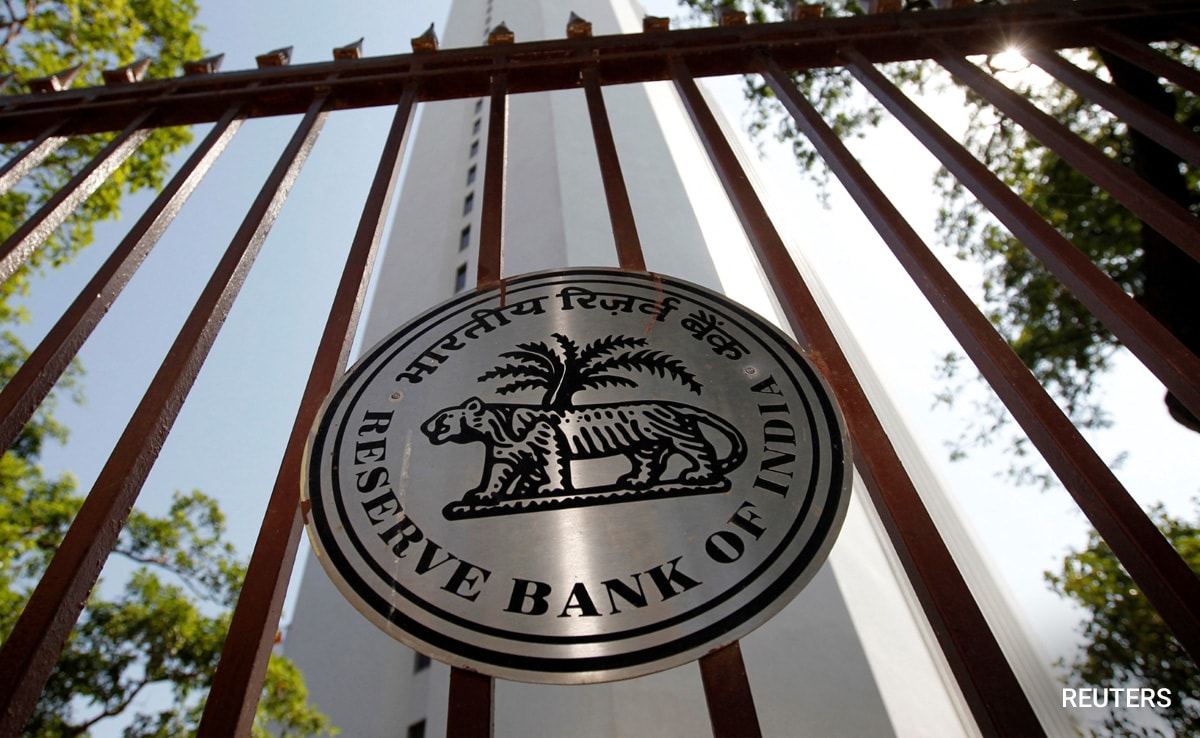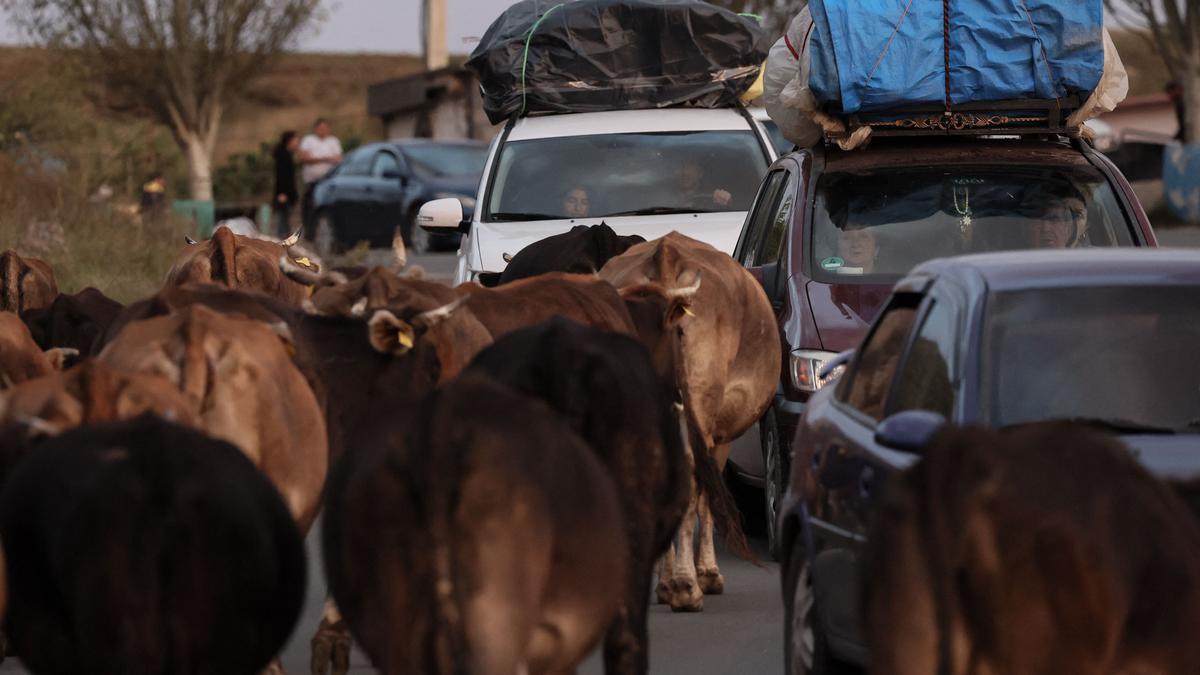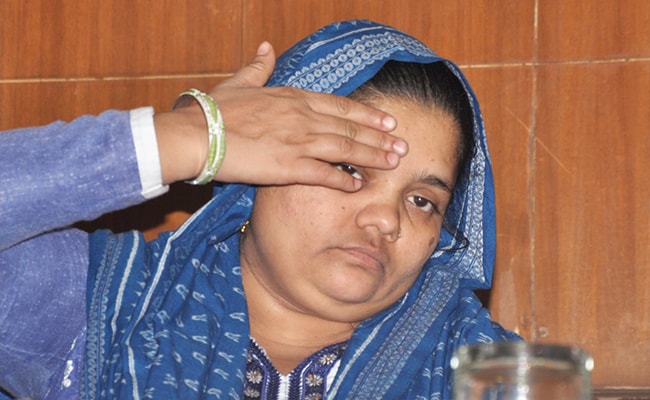The minister said everybody is coming to the summit with a great deal of seriousness.
New Delhi:
The absence of Russian President Vladimir Putin and Chinese President Xi Jinping’s absence will not cast a shadow on the G20 Summit, External Affairs Minister S Jaishankar has said.
The minister said there have been presidents or prime ministers who, for some reason, have chosen not to come for global meetings and that country’s position is reflected by the representative present on the occasion.
In an exclusive interview with ANI ahead of the G20 Summit in Delhi on September 9 and 10, Mr Jaishankar said India has a responsibility of the G20 Presidency in a difficult world that is facing the impacts of Covid-19, Ukraine conflict, climate change, debt, north-south divide and sharper east-west polarisation, and the effort is to find common ground.
Mr Jaishankar said India has a reputation of being a very constructive player and has a lot of goodwill and noted that everybody is coming with a great deal of seriousness.
“I think at different points of time in G20 there have been some presidents or prime ministers who for whatever reason, have chosen not to come themselves but that country, and that country’s position is obviously reflected by whoever is the representative on that occasion. So, you had some occasions where you had a president or two, sometimes three, who have not themselves come,” the minister said.
My sense from talking to the ministers, certainly, and I know the Sherpas are in touch with each other, they are right now trying to hammer out the final document. I think everybody is coming with a great deal of seriousness,” he added.
Mr Jaishankar was asked if President Putin and President Xi not being present will cast a shadow on the New Delhi G20 Summit being held on September 9 and 10.
“I do not think it has anything to do with India. I. I think whatever decision they make, they would know best,” Mr Jaishankar said in response to another query.
China’s Ministry of Foreign Affairs announced on Monday that Premier Li Qiang will attend the 18th G20 Summit in New Delhi. It gave no reason for Xi Jinping’s absence from the summit.
President Putin, in a telephone conversation with Prime Minister Narendra Modi last month, had conveyed his inability to attend the G20 Summit in New Delhi and informed that Russia would be represented by Foreign Minister Sergey Lavrov.
Asked about any impact on the outcome of the summit, Mr Jaishankar said that the issues being taken up are not new.
“I would put it this way, the issues are there. These are not issues that are this morning being taken up, I mean there is a whole gestation period of eight-nine months, where at different levels ministers or officials have tried to progress an issue. So, this is like a culmination. These are really about 16-18 processes which are all coming together to be stitched up together to produce a summit,” he said.
“Well, we are negotiating right now. As I said the negotiation is not…the clock did not start ticking yesterday, the clock has been ticking for some time, so typically what happens is there is a ministerial meeting. Then a ministerial meeting produces outcomes,” he added.
Asked about consensus building and what will India see as a win-win situation, Mr Jaishankar said it is just not a matter of India seeing something.
“Today the expectations of the world are very high in terms of what the G20 is able to produce and produce in terms of meeting the challenges of the world. So, if you were to go to Africa, go to Latin America, go to parts of Asia, go to the Caribbean, and go to the Pacific, everybody is today saying, okay I have a certain set of issues. I have a debt problem, I have a trade problem, I have a health access problem, I have a green development resourcing problem. So, what will the G20 do for me? So, the world is waiting,” he said.
He said there are a lot of issues for G20 and one of the important messages is to focus on the Global South.
“You are going to get really a mix of issues that the world is looking at and a lot of this, the burden is on the Global South, on developing countries. So, one very important message for us is focus on the Global South. But there is a larger context. The context is of a very turbulent global environment, the impact of Covid, impact of the Ukraine conflict, issues like debt which have carried on for some time and by the way climate disruptions which are today affecting the economy as well,” he said.
(Except for the headline, this story has not been edited by NDTV staff and is published from a syndicated feed.)
















